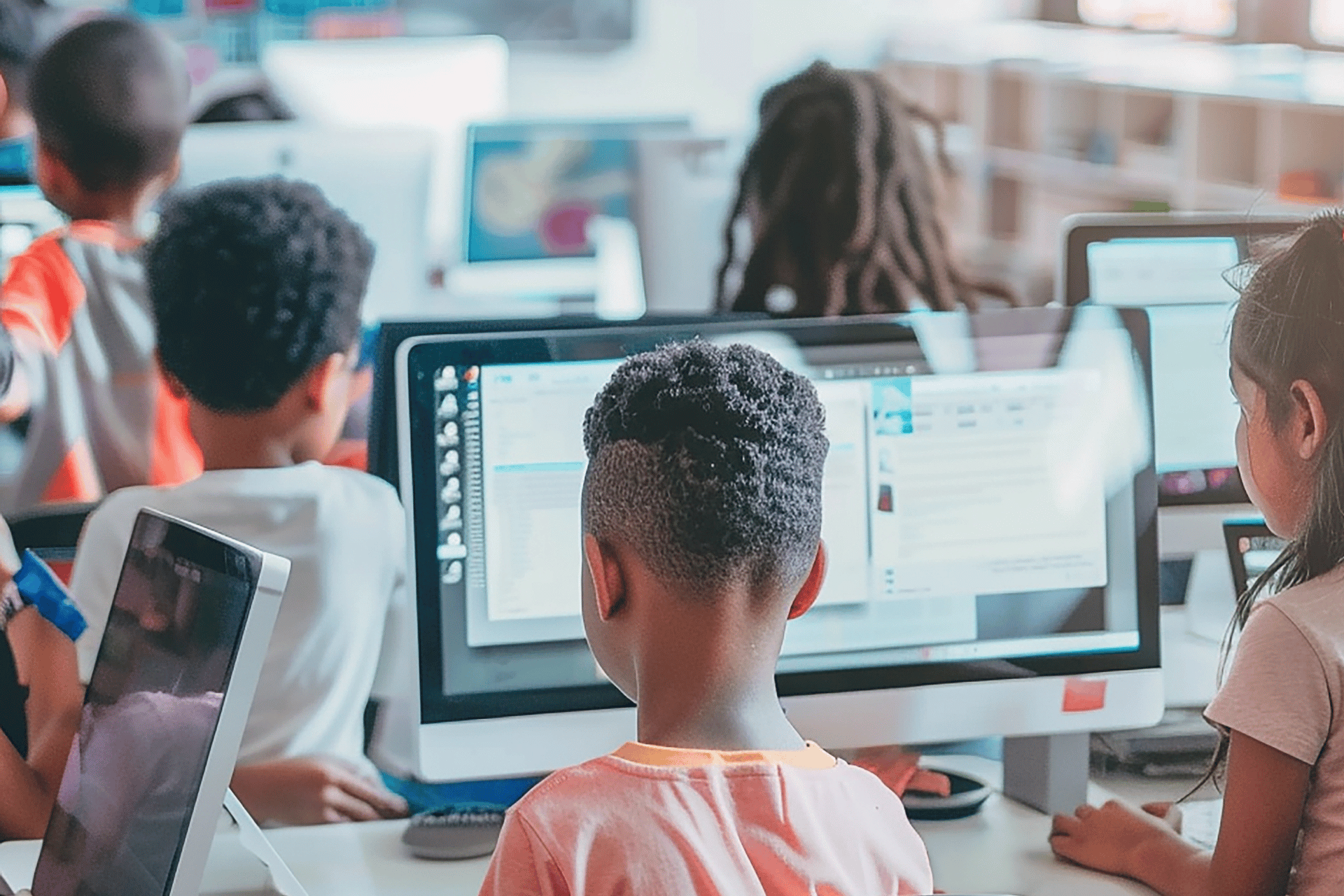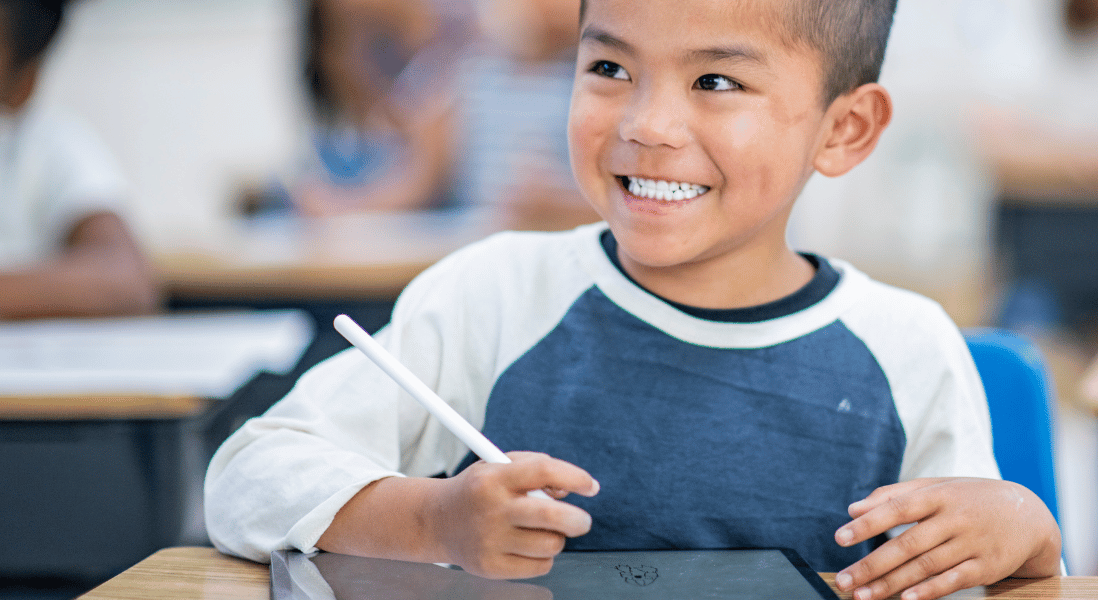
8 Genius Ways AI Helps Improve Educational Outcomes
AI, or Artificial Intelligence, is smart technology that helps computers learn and think like people. In education, it supports both students and teachers by creating personalised learning paths, offering instant feedback, and identifying areas that need improvement. These tools make learning more effective, leading to better performance and understanding. In this article, we’ll explore 8 genius ways AI helps improve educational outcomes, showing how it’s transforming classrooms and making education easier, smarter, and more accessible for every learner.

Personalised Learning Plans
AI can significantly enhance educational outcomes by creating personalised learning plans tailored to each student’s unique needs. By analysing students’ strengths and weaknesses, AI-driven platforms can design customised curricula that adapt over time. This approach not only improves learning results but also keeps students engaged and motivated to achieve their academic goals. For further exploration on this topic, check out Edutopia’s insights on personalised learning.
Adaptive Curricula
Another pivotal way AI helps improve educational outcomes is through the development of adaptive curricula. Traditional one size fits all teaching methods often leave some students behind. AI can assess individual learning styles and adjust course materials accordingly, ensuring that lessons are relevant and appropriately challenging. This adaptation leads to better improvement metrics and overall academic achievement among diverse student groups.
Automated Grading and Feedback
The integration of AI in educational assessment, particularly through automated grading and feedback, allows for immediate insights into student performance. This not only saves teachers valuable time but also provides students with timely advice and learning tools that are crucial for their progress. With AI’s ability to analyse written responses, educators can identify common areas of difficulty, guiding targeted interventions. Learn more about this technology at Educational Technology’s Automated Grading.
Intelligent Tutoring Systems
Intelligent tutoring systems powered by AI offer one-on-one support to students, simulating a personal tutor’s guidance. These systems adapt instructional content based on a student’s interactions and performance in real time. Such educational tools can provide additional practice relevant to each student, ultimately enhancing their learning experience and improving academic achievement. Explore more about the potential of intelligent tutoring systems in this insightful article from Learning Sciences International.
Enhanced Accessibility
AI facilitates improved accessibility in education, making learning experiences more inclusive for students with disabilities. Tools such as speech-to-text software, visual aids, and interactive platforms can help create an engaging environment tailored to diverse learner needs. This commitment to inclusivity significantly enhances educational outcomes, ensuring that every student has the opportunity to thrive.
Predictive Analytics
AI employs predictive analytics to identify at-risk students and forecast academic performance. By collating and analysing various data points, educational institutions can implement early intervention strategies that address issues before they escalate. This proactive approach not only boosts improvement metrics but fosters an environment conducive to success, thereby promoting better long-term learning results.
Global Learning Resources
AI opens the door to a wealth of global learning resources, allowing students and educators to access diverse materials from around the world. By incorporating varied educational content and methodologies, AI enriches the learning experience and supports academic achievement in a global context. Platforms that leverage AI can provide students with more comprehensive educational tools, enhancing their academic and cultural understanding.
Collaborative Learning Environments
I see AI playing a big role in helping students succeed. It helps create learning plans that suit each student, adjusts lessons as needed, and offers smart tools for tutoring. AI also makes it easier to access resources and track progress. This all adds up to better learning and more support for every student.
Next Steps:
- Make global learning materials available through AI-powered platforms.
- Use AI tools to create personalized learning plans for each student.
- Introduce adaptive content that adjusts based on student performance.
- Implement intelligent tutoring systems for extra support.
- Track student progress using analytics to improve learning strategies.



